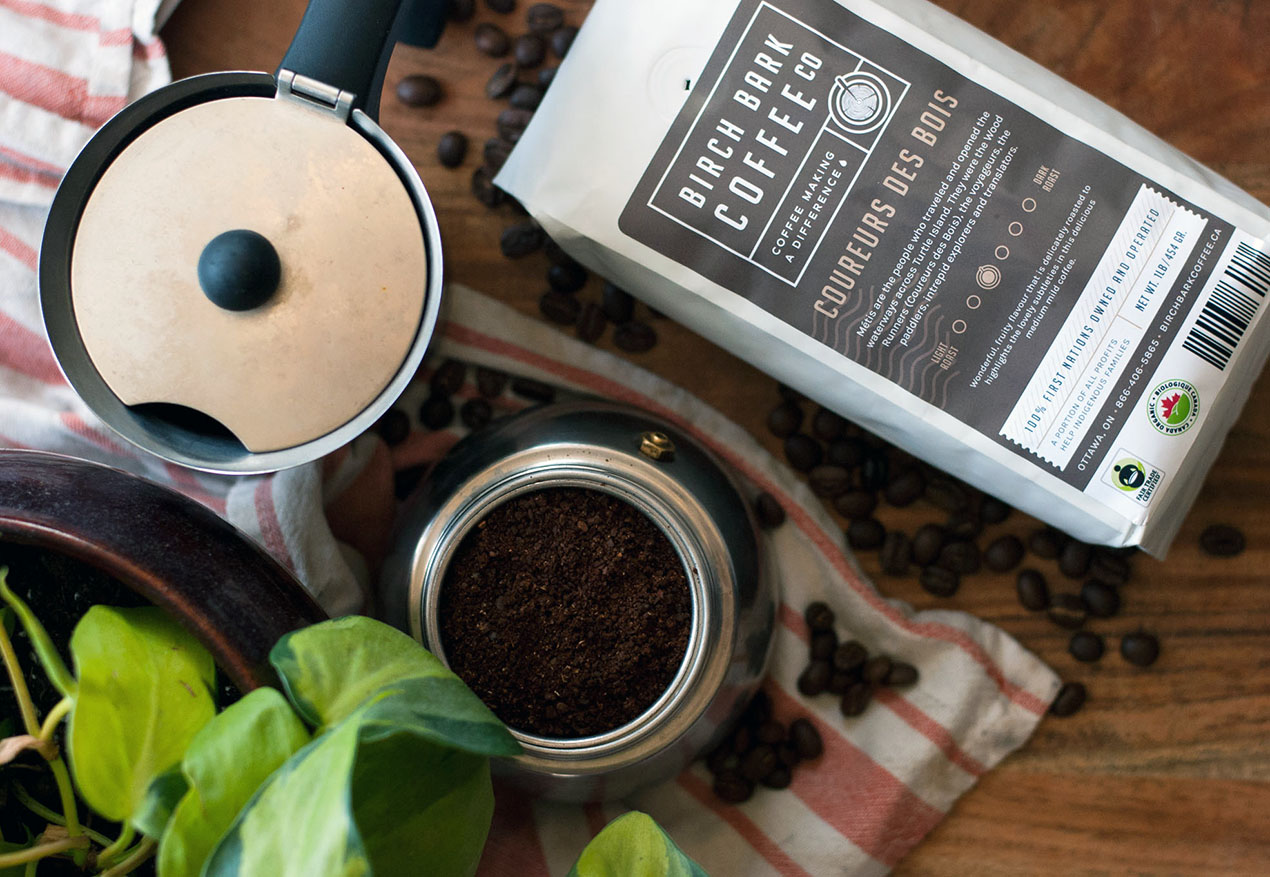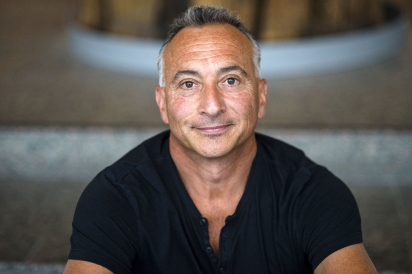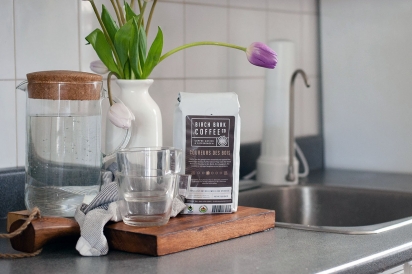Coffee for Water
When Mark Marsolais-Nahwegahbow offered to install water filtration systems free of charge in households at the Curve Lake First Nation, residents were cautious. Located just north of Peterborough, Curve Lake is one of many Indigenous communities across Ontario without access to clean drinking water. After more than a decade of incomplete solutions, the community has become understandably wary of promises of aid. The offer sounded too good to be true.
“We’ve been let down a lot,” says Marsolais-Nahwegahbow, himself Ojibwe and a member of Whitefish River First Nation.
As a pioneer in Canada's legal system and a longtime defender of Indigenous rights, Marsolais-Nahwegahbow has recently turned his attention to the ongoing boil-water crisis in Indigenous communities. His desire to help has led him back to one of his earliest passions: coffee.
This year, he launched Ottawa’s first 100 per-cent Indigenous-owned and -operated coffee company, Birch Bark Coffee. The idea was simple. Proceeds from Birch Bark Coffee would help purchase and install water filters in homes in First Nations communities that are under boil-water advisories. Every 40 bags of coffee sold buys one filter, which will provide clean, sustainable drinking water for an entire family. Curve Lake has been chosen to be the first recipient of one of these filters, but requests are already pouring in from across the province and the country.
“The best part is going to be seeing the families and the smiles on the children’s faces,” Marsolais-Nahwegahbow says. “I want to show our community that positive change can happen.”
He has partnered with Can-Am Wellness, which is providing the Belkcraft four-stage and six-stage water filtration systems. These filters are capable of removing all dangerous bacteria and will be welcomed in communities that have been forced to rely on bottled water for years. Marsalais-Nahwegahbow hopes these filters will be a permanent solution, helping to alleviate health issues in these communities.
But he knew that for this plan to work, the coffee would have to be good. He enlisted the help of Ottawa coffee roaster Francesco’s, which agreed to provide the beans for Birch Bark Coffee.
“I didn’t really know what I was getting into,” says Marsolais- Nahwegahbow, a newcomer to the coffee business. “But I knew my vision and I knew what I wanted.”
He wanted a superior coffee, one that was fair trade and organic and one that could be delivered fresh. He focuses on providing his customers with good-quality beans that are ethically sourced and roasted locally.
Birch Bark Coffee sells five roasts, covering a broad flavour palate — from light, medium and dark roasts to espresso and decaf — on its website. The roasts are named to reflect the company’s Indigenous ownership and mission, with titles such as Inukshuk, Summer Solstice and Dream Catcher. Marsalais-Nahwegahbow wanted his company to celebrate Indigenous heritage while inspiring and empowering Indigenous people.
“I’m walking in the snow and leaving footprints behind me,” he says. “I know there are young people in the indigenous communities saying, ‘Wow, look at what Mark’s doing.’"
Marsalais-Nahwegahbow has spent 25 years advocating for Indigenous peoples across Canada. He began his career working with Indigenous young offenders in the criminal justice system and is considered one of the country’s foremost experts on Gladue writing, (a pre-sentencing report, requested by the judge, to help determine sentencing, taking into account the background of the Aborginal offender).
The problem of poor-quality water in Indigenous communities is one that has upset him personally for years, and as he researched the issue, he became skeptical that the problem will be solved by the promised date of 2021. His frustration drove him to action and Birch Bark Coffee was born.
The idea has caught on. Buzz is growing and the company is receiving interest from across the country. There are plans to produce a documentary. A film crew will accompany the Birch Bark team as they install the first filter in Curve Lake later this spring. Meanwhile, there is a possibility that Birch Bark will expand into a retail location in the future and Marsolais-Nahwegahbow is already receiving requests for a cold-brew version of the coffee.
Throughout his career, Marsolais-Nahwegahbow has followed his passions energetically, paving the way for other Indigenous social entrepreneurs. “I want to make sure that I can instill faith in my communities, whether they’re Métis, First Nations or Inuit, and say, ‘Look, you guys can do this.”
Birch Bark Coffee Company
birchbarkcoffeecompany.com







